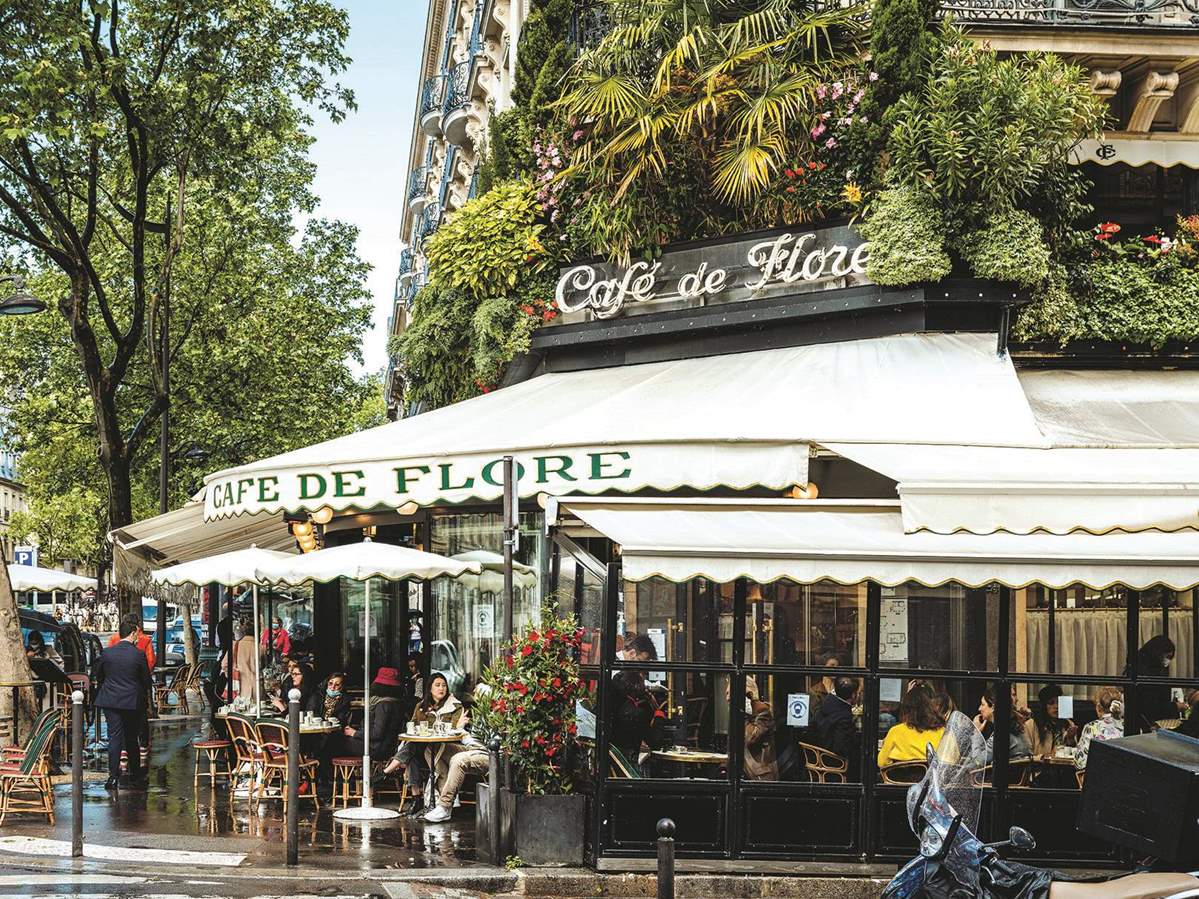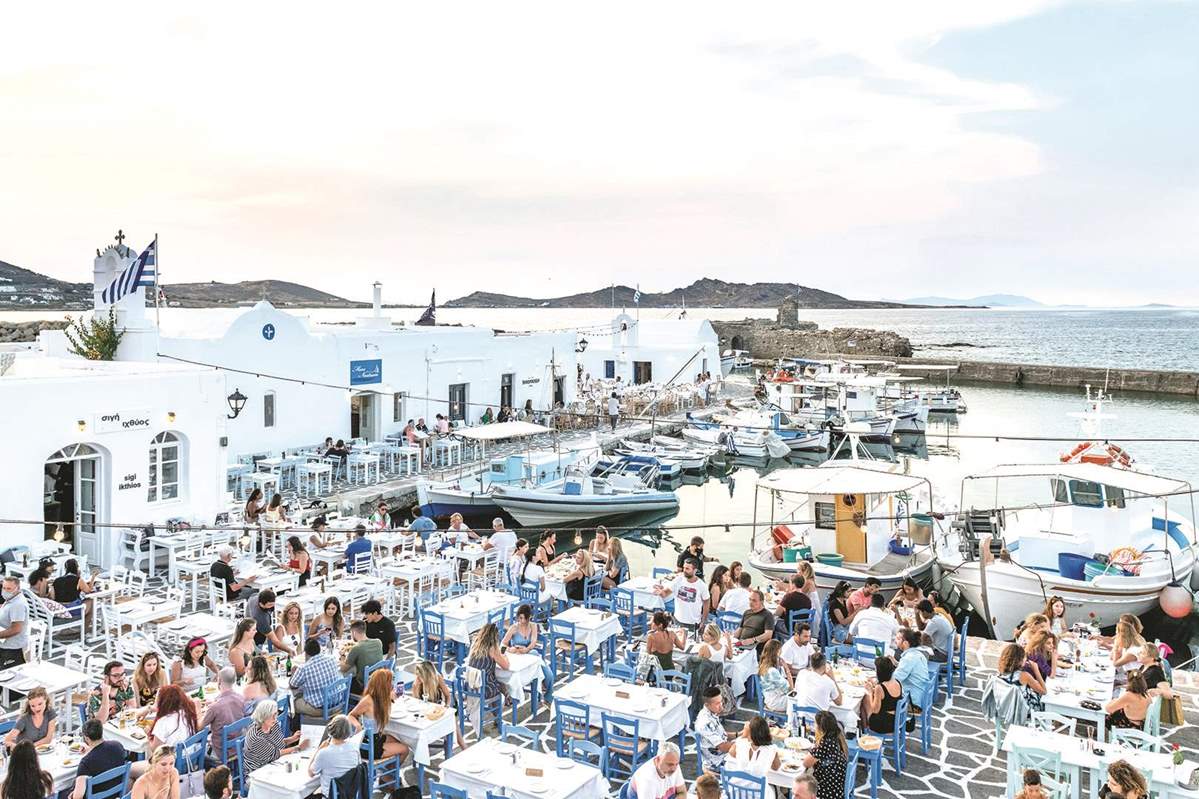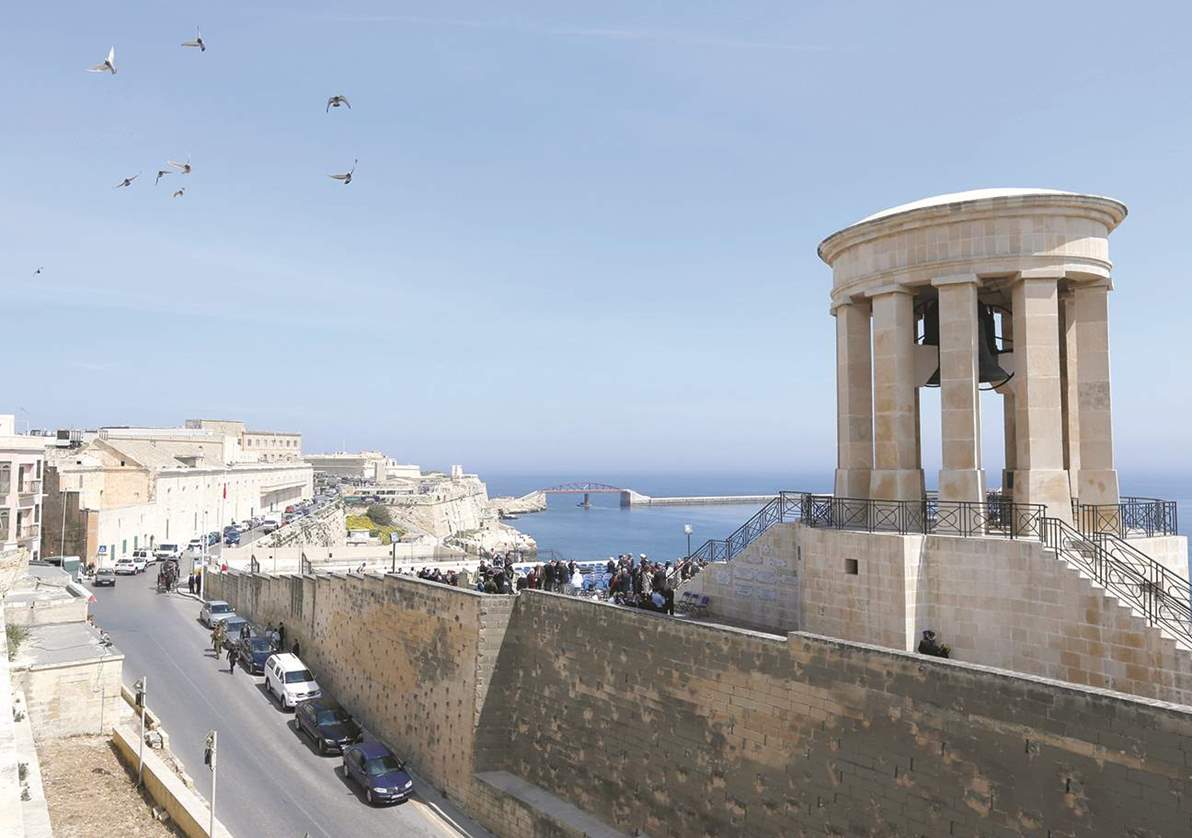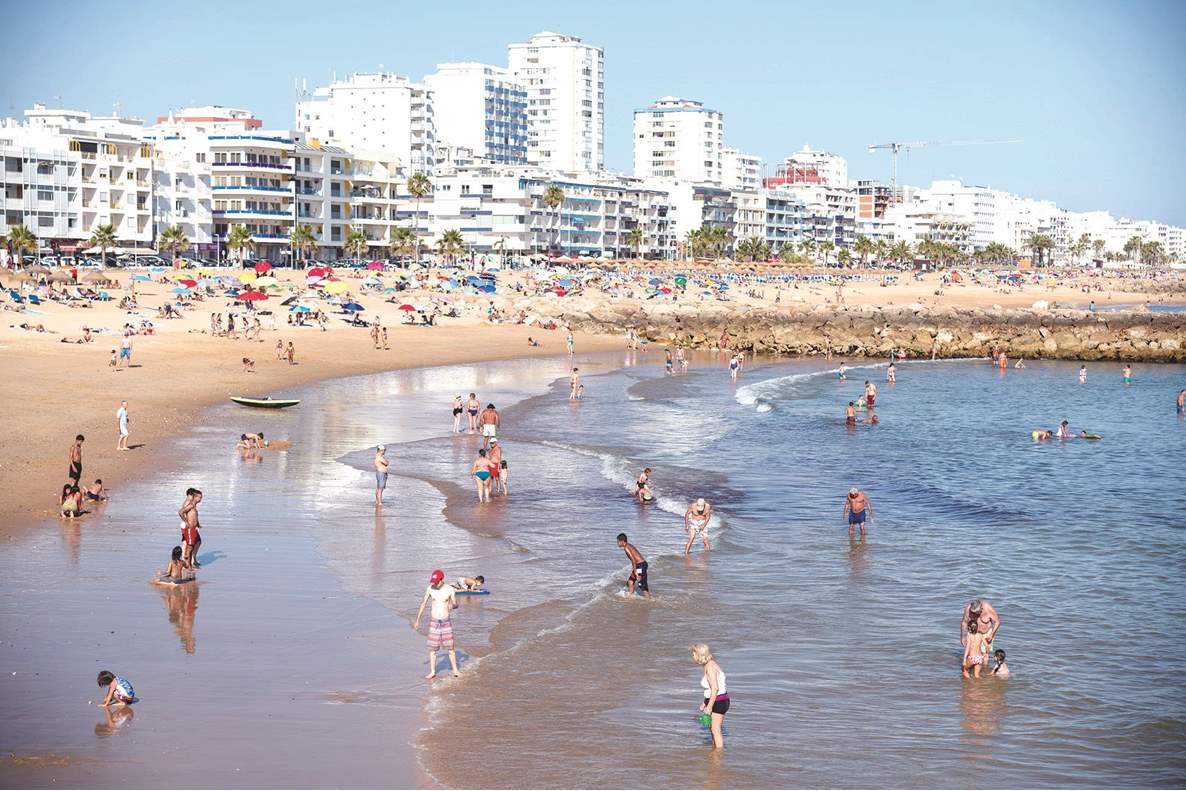AMMAN — As
the summer heats up and Eid Al-Adha approaches, you might be wondering where
you can visit under the ever-changing
COVID-19 restrictions. Luckily, though
some tourist favorites like Italy are still relatively closed to Jordanian
travelers, other locations are allowing Jordanians to visit without requiring a
lengthy quarantine.
اضافة اعلان
No matter where
you want to visit, getting vaccinated, by registering on the vaccine.jo platform
or, if you’re over 40, visiting one of the open vaccine clinics, will open up
the possibilities of foreign travel. And keep in mind that no matter where you
go, your vacation might look a little bit different than normal, depending on
the social distancing and masking regulations different countries implement.
Please note that
especially as the Delta variant ramps up, these restrictions are always subject
to change. Wherever you decide to travel, make sure you check official
government statements for up-to-date policies and reach out to the relevant
embassy with any questions.
France
France has
designated Jordan as an “orange” country, making it relatively straightforward
for Jordanians who have taken the COVID-19 vaccine to visit. Jordanians trying
to travel after over a year of cabin fever can therefore check out the Eiffel
Tower, walk on the Champs-Élysées, and visit other iconic locales with
relatively little fuss.
 In Paris, cafes like the tourist-favorite de Flore,
Wednesday, May 19, 2021, have reopened for outdoor dining. (Photo: NYTimes)
In Paris, cafes like the tourist-favorite de Flore,
Wednesday, May 19, 2021, have reopened for outdoor dining. (Photo: NYTimes)
Vaccinated
travelers aged eleven and older from Jordan have to take a PCR test taken less
than 72 hours before the flight. These travelers must have taken their second
dose of the vaccine at least 14 days before the flight.
Unvaccinated
travelers, however, can only visit France if they have “pressing grounds for
travel.” The French ministry of interior lists all of these possible rationales on its website. They must also
present a PCR test and pledge to self-isolate for seven days, and may be subject
to random tests once they are in France.
Luckily, there
are no restrictions on travel within France itself, so you can tour the country
as much as you like. Cinemas, theaters, show venues, indoor and outdoor sports
venues, and zoos are allowed to open so long as they stay under 65 percent
capacity. Bars and restaurants can reach full capacity outdoors but can only be
half full indoors.
You have to wear
a mask inside all private venues unless you are eating or drinking.
Greece
On Sunday,
Greece’s civil aviation authority confirmed that Jordan has been added to the
list of countries from which visitors do not have to quarantine or present a
COVID-19 test to enter. So Jordanians can visit troves of ancient artwork in
museums, lay on the beach, or tour historical archaeological sites like the
Parthenon.
 The port of Naoussa on the Greek island of Paros, June 21,
2021. (Photo: NYTimes)
The port of Naoussa on the Greek island of Paros, June 21,
2021. (Photo: NYTimes)
Visitors from
Jordan must, however, present a certificate showing that they have received
both doses of the COVID-19 vaccine at least two weeks prior to entering the
country.
If you are not
vaccinated, not to worry: you can just present a negative PCR test taken no
more than 72 hours from the time of entry.
Once you are in
Greece, you will have to wear a mask and abide by social distancing measures in
archaeological sites. You can sit outdoors at restaurants, bars, and cafes, but
only six people are allowed at each table.
You will also
have to abide by a curfew from 1:30am until 5am.
Malta
Jordan is on
Malta’s “amber list,” according to the country’s ministry of health. This means
that passengers from the Kingdom have to abide by some regulations, but not
all, in order to visit the archipelago.
 Tourists visit the Siege Bell Memorial in Valletta, Malta,
April 2, 2015. (Photo: NYTimes)
Tourists visit the Siege Bell Memorial in Valletta, Malta,
April 2, 2015. (Photo: NYTimes)
Visitors hoping
to visit the island must complete a “Public Health Travel Declaration” and
“Passenger Locator Form” and present either a negative PCR test taken no more
than 72 hours prior to arrival or a valid vaccine certificate.
Once you are in
Malta, you will want to mask up in all public spaces, outdoors and indoors.
Restaurants are open, but only six people are allowed to share one table, and
discos and nightclubs are closed.
Typically
tourists outnumber locals in Malta three-to-one — meaning that there is a
hearty tourist infrastructure to serve your needs while in-country. The
archipelago has a number of noteworthy historical sites to pencil into your
itinerary, as well as beautiful beaches and island retreats.
Iceland
If Greece and
Malta sound too hot for you this time of year, consider traveling a bit farther
north: Iceland has relaxed many of its travel restrictions, making it an
accessible and unique travel destination for Jordanians.
 The Skogafoss waterfall near Skogar, Iceland, one of the
country's most popular sites, but the crowds have vanished during the
coronavirus pandemic, on October 10, 2020. (Photo: NYTimes)
The Skogafoss waterfall near Skogar, Iceland, one of the
country's most popular sites, but the crowds have vanished during the
coronavirus pandemic, on October 10, 2020. (Photo: NYTimes)
Jordanians can
visit Iceland with no restrictions, so long as they can present either a
COVID-19 vaccination certificate or a certificate attesting that they have
already been infected.
If you are not
vaccinated, you can still visit so long as you take two PCR tests and
quarantine between them. Children born after 2005 are exempt from this
restriction.
Additionally, all
visitors to Iceland have to pre-register before arrival.
Once you are in
the island, your vacation should be fairly similar to pre-pandemic travel: the
country has lifted all domestic COVID-19 restrictions. You do not have to wear
a mask in public places or abide by social distancing measures.
Portugal
Jordanians can
also visit Portugal with no restrictions.
 Beachgoers in Quarteira, a town in the Algarve, Portugal’s
leading tourist destination, June 5, 2021. (Photo: NYTimes)
Beachgoers in Quarteira, a town in the Algarve, Portugal’s
leading tourist destination, June 5, 2021. (Photo: NYTimes)
All visitors have
to fill a “Passenger Locator Card” before they depart or while on board the
flight. You will also have to take a PCR test 72 hours or less before boarding.
Children under 12 do not need to show a PCR test.
Within the
country, there are still measures intended to stop the spread of COVID-19 in
place, such as requirements to wear masks and limited capacity on public
transit. Restaurants and cafes close at 1am and cultural facilities and amateur
sporting events all have capacity limits.
Certain
enterprises have been certified as “clean and safe,” which indicates that they
comply with certain health and hygiene standards.
Read more
Lifestyle



